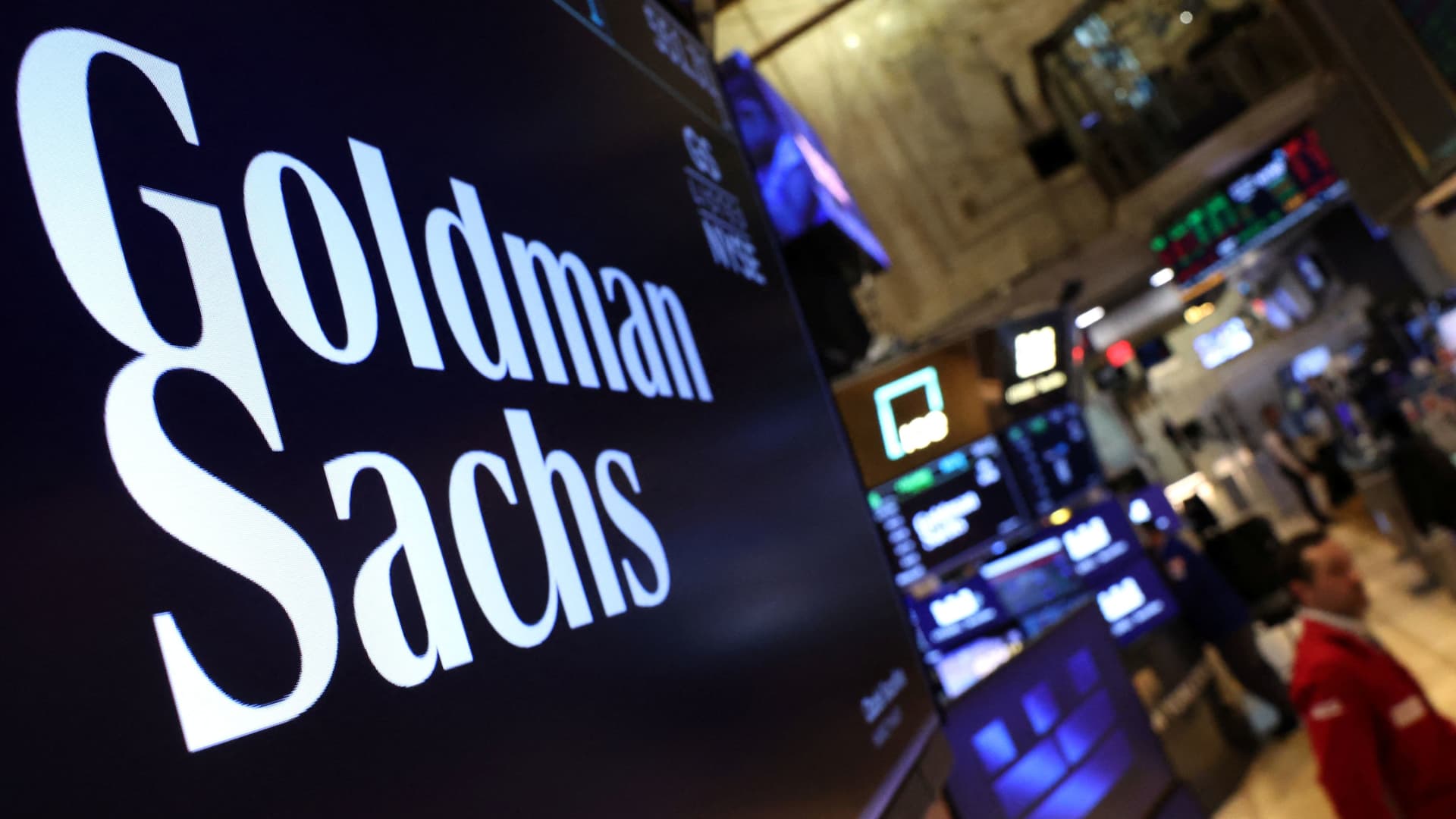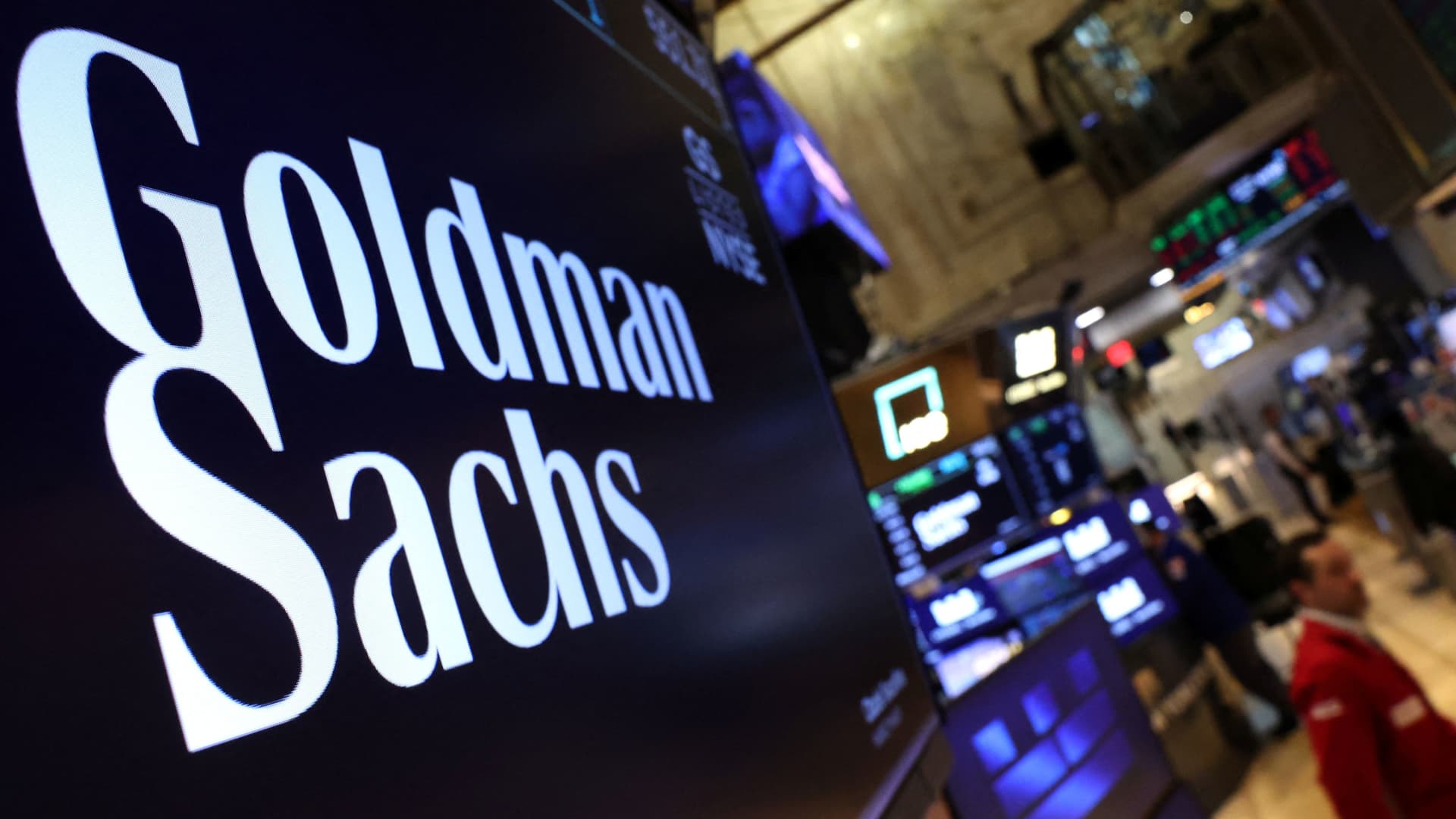The Future of Finance: Tokenizing the Money Market
The Evolution of Money Markets
Money market funds have long been a staple in the financial world, offering investors a safe haven for short-term cash management. These funds, which invest in high-quality, short-term debt instruments, provide liquidity and stability to both individual and institutional investors. However, the traditional infrastructure supporting these funds is ripe for disruption. The collaboration between Goldman Sachs and BNY Mellon to tokenize money market funds represents a significant leap forward in addressing long-standing inefficiencies.
The Power of Tokenization
Tokenization is the process of converting the rights to an asset into a digital token on a blockchain. This innovation is not just a technological upgrade but a fundamental shift in how assets are managed and traded. By tokenizing money market funds, Goldman Sachs and BNY Mellon aim to revolutionize the industry by introducing near-instant settlements, reduced operational costs, and enhanced transparency.
Near-Instant Settlements
One of the most significant advantages of tokenization is the ability to settle transactions almost instantly. Traditional money market transactions can take days to settle due to the involvement of multiple intermediaries and the need for manual processing. Blockchain technology eliminates these delays by enabling peer-to-peer transactions that are recorded on an immutable ledger. This not only speeds up the settlement process but also reduces the risk of errors and discrepancies.
Reduced Operational Costs
Tokenization also has the potential to significantly reduce operational costs. By automating processes and minimizing the need for intermediaries, financial institutions can streamline their operations and pass on the savings to investors. This is particularly beneficial for institutional investors, who often deal with large volumes of transactions and complex settlement processes.
Enhanced Transparency
Blockchain’s inherent transparency provides a clear and auditable record of all transactions. This transparency enhances trust and accountability, as all parties can verify the authenticity and integrity of the transactions. For institutional investors, this means greater confidence in the underlying assets and the overall stability of the money market funds.
The Roles of Goldman Sachs and BNY Mellon
This collaboration brings together the unique strengths of two financial giants. Goldman Sachs, known for its expertise in asset management and financial technology, provides the blockchain platform and investment management capabilities. BNY Mellon, as a leading custodian bank, offers its expertise in safekeeping assets and providing fund administration services.
Goldman Sachs’ Technological Edge
Goldman Sachs has been at the forefront of exploring blockchain technology and its applications in finance. The firm’s decision to spin out its blockchain-based tech platform designed to streamline institutional trading and reduce settlement times underscores its commitment to this initiative. This platform will serve as the backbone for the tokenized money market funds, ensuring seamless and efficient transactions.
BNY Mellon’s Custodial Expertise
BNY Mellon’s role as a custodian is crucial to the success of this initiative. As a custodian, BNY Mellon will be responsible for holding the underlying assets of the money market funds and ensuring the integrity of the tokenized representation. This combination of technological innovation and custodial expertise is key to building trust and confidence in the new system.
Institutional Focus and the Path Forward
The initial offering of tokenized money market funds is primarily targeted at institutional investors. These sophisticated investors are more likely to understand the benefits of tokenization and are better equipped to navigate the regulatory complexities associated with digital assets. However, the long-term vision likely extends beyond institutional investors.
Expanding to Retail Investors
As blockchain technology becomes more mainstream and regulatory frameworks become clearer, we could see tokenized money market funds becoming available to a wider range of investors, including retail clients. This expansion could democratize access to financial markets and create new opportunities for innovation.
Regulatory Considerations
The regulatory landscape for digital assets is still evolving. Clarity is needed on issues such as securities laws, anti-money laundering (AML) requirements, and tax treatment. Addressing these regulatory considerations will be crucial to the widespread adoption of tokenized money market funds.
Challenges and Considerations
While the potential benefits of tokenizing money market funds are significant, there are also challenges and considerations that need to be addressed.
Cybersecurity Risks
Blockchain technology is generally considered secure, but it is not immune to cyberattacks. Robust security measures are needed to protect the underlying assets and the integrity of the tokenized system. This includes implementing advanced encryption techniques, multi-factor authentication, and continuous monitoring to detect and prevent potential threats.
Interoperability
For tokenized assets to be truly liquid, they need to be interoperable with other blockchain platforms and financial systems. This requires the development of industry standards and protocols that enable seamless integration and communication between different systems. Achieving interoperability will be essential to unlocking the full potential of tokenized assets.
Adoption Rate
The success of this initiative depends on widespread adoption by institutional investors. Overcoming inertia and convincing investors to embrace new technology will be crucial. This requires not only demonstrating the benefits of tokenization but also providing the necessary support and education to help investors navigate the transition.
The Broader Implications for the Financial Industry
The collaboration between Goldman Sachs and BNY Mellon could have far-reaching implications for the broader financial industry. If successful, it could pave the way for the tokenization of other asset classes, such as bonds, equities, and real estate.
Tokenization of Other Asset Classes
Tokenization has the potential to revolutionize the way we invest in and trade a wide range of assets. By converting traditional assets into digital tokens, we can unlock new levels of efficiency, transparency, and liquidity. This could lead to the emergence of new financial products and services, such as decentralized finance (DeFi) applications that leverage tokenized assets.
Democratizing Access to Financial Markets
Tokenization could democratize access to financial markets by making it easier and more affordable for investors to participate. This could be particularly beneficial for retail investors, who often face barriers to entry in traditional financial markets. By providing a more accessible and transparent platform, tokenization could help level the playing field and create new opportunities for investment.
Conclusion: A Glimpse into the Future of Finance
The Goldman Sachs and BNY Mellon initiative to tokenize money market funds represents a bold step towards the future of finance. By leveraging blockchain technology, this collaboration has the potential to unlock significant efficiencies, reduce costs, and enhance transparency in the money market industry. While challenges remain, the potential benefits are too significant to ignore. This initiative could serve as a catalyst for broader adoption of tokenization across the financial industry, leading to a more efficient, transparent, and accessible financial system for all. The $7.1 trillion money market may just be the beginning.
The Dawn of Tokenized Assets?
This collaboration is more than just a technological upgrade; it’s a glimpse into a future where traditional assets are seamlessly integrated with the digital world. The successful implementation of this project could usher in an era of tokenized assets, transforming how we invest, trade, and manage our finances. As the financial industry continues to evolve, the tokenization of money market funds could be the first step in a much larger journey towards a more innovative and inclusive financial ecosystem.












